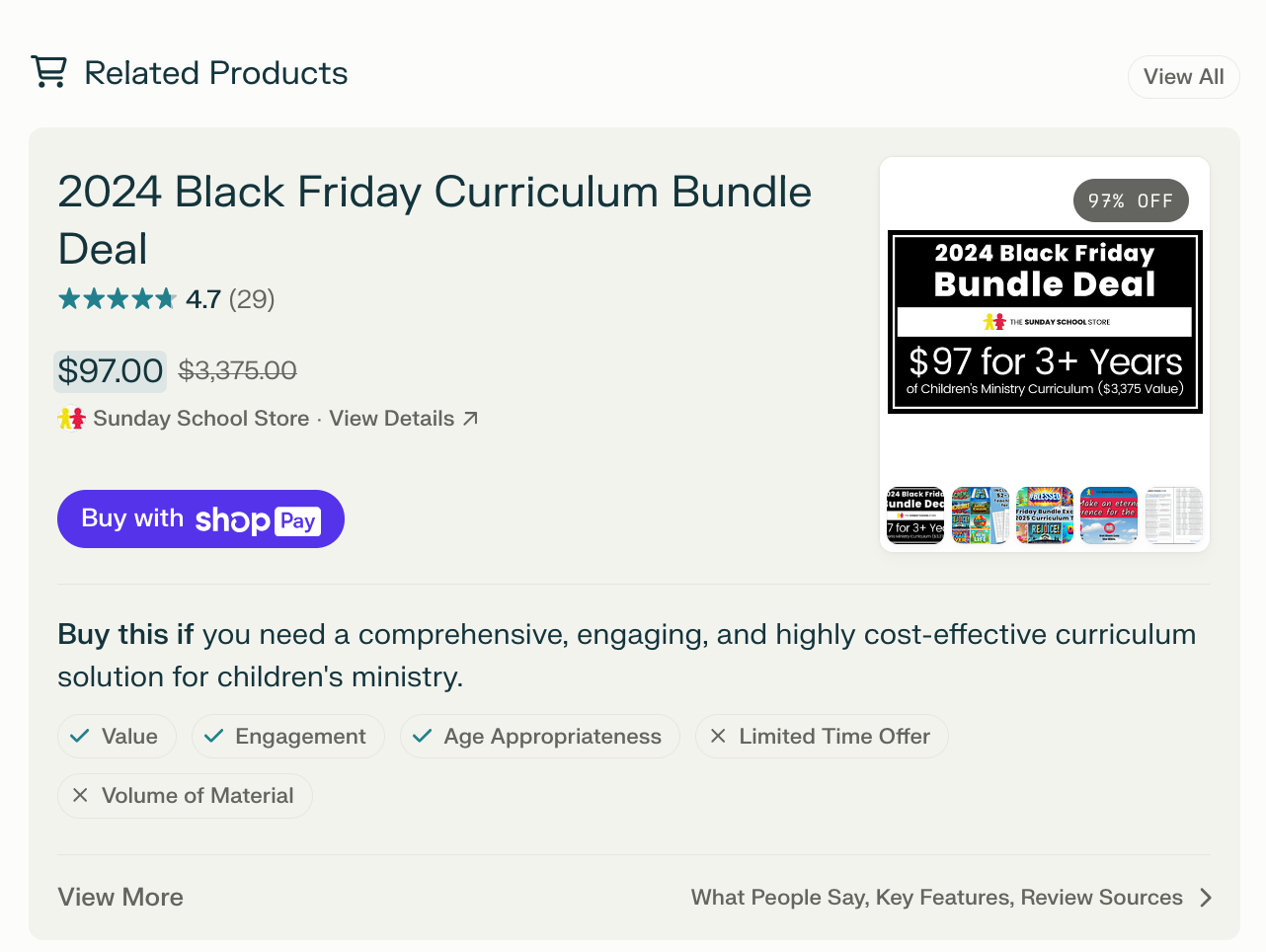What Searching for “Black Friday Deals” Tells Us About the State and Future of Search
Google seems to be the best search engine out there... Agree?
As more search engines are being born, I find it important to keep an eye on what they are doing better or differently (from what we’ve seen so far).
I was inspired by Glenn Gabe and decided to compare my personal user experience with that of searching for [best black friday deals 2024] on Google, Search GPT, Perplexity, and Bing.
I was making the task more difficult for all the search engines because I was actually searching on Monday, three days after the actual Black Friday.
So which search engine did the best job?
You guessed it right:
Google
First of all, Google realized that I should be interested in Cyber Monday deals because I was searching on Monday and the intent is absolutely the same. It also found a smart publication that was featuring Black Friday deals that hadn’t expired:
Google also categorizes your search helping you narrow your search:
… as well as personalizes it based on my search history:
One interesting SEO lesson from Google’s search results is that brands shouldn’t rush to update their landing pages for expired searches. BestBuy has already replaced its 2024 page with an empty 2025 page. According to Google Trends, the demand for “black friday” goes on for the best part of December each year.
GPT Search
The not-so-long-launched search platform from OpenAI uses Bing’s index (but not Bing’s ranking algorithm). The output was simply a list of (affiliate-driven) listicles from popular publications. Finding a good deal using this search would involve clicking each link and reading those lists.
Perplexity
Perplexity is for some reason considered the strongest Google’s competitor. It uses its own index (while also scraping Google). I don’t know why so many people give this platform so much credit. Its search results for my search yielded several links from a few popular brands:
Unlike GPT Search, Perplexity didn’t at least affiliate-driven results and went directly to the stores.
One interesting feature here was also the ability to buy products right from search results. I have a feeling we will be seeing more and more actionable search results integrated into search results:
Bing
I expect Bing to grow in popularity thanks to its partnership with Open AI but so far it is moving slowly, starting with a weird ad featuring 2022 deals:
It is doing a good job featuring fresher results and Cyber Monday deals (I am not sure why it insisted on Apple deals though):
It also pulled an AI summary of search results which, for some reason, summarized only two results:
So what does this exercise tell us about the state and future of search?
Google is still the best and it will take some time for any other competitor to come even close. Decades of data and experiments place it so far above any other emerging competitor that it will be hard to beat.
While traffic from search engines will continue going down, there will be interesting (new-ish) opportunities coming up. For example, customers will likely be able to buy your products right from search results. This will require additional integration processes (schema code, enhanced product feeds, etc.) but it will help smaller brands to generate sales.











